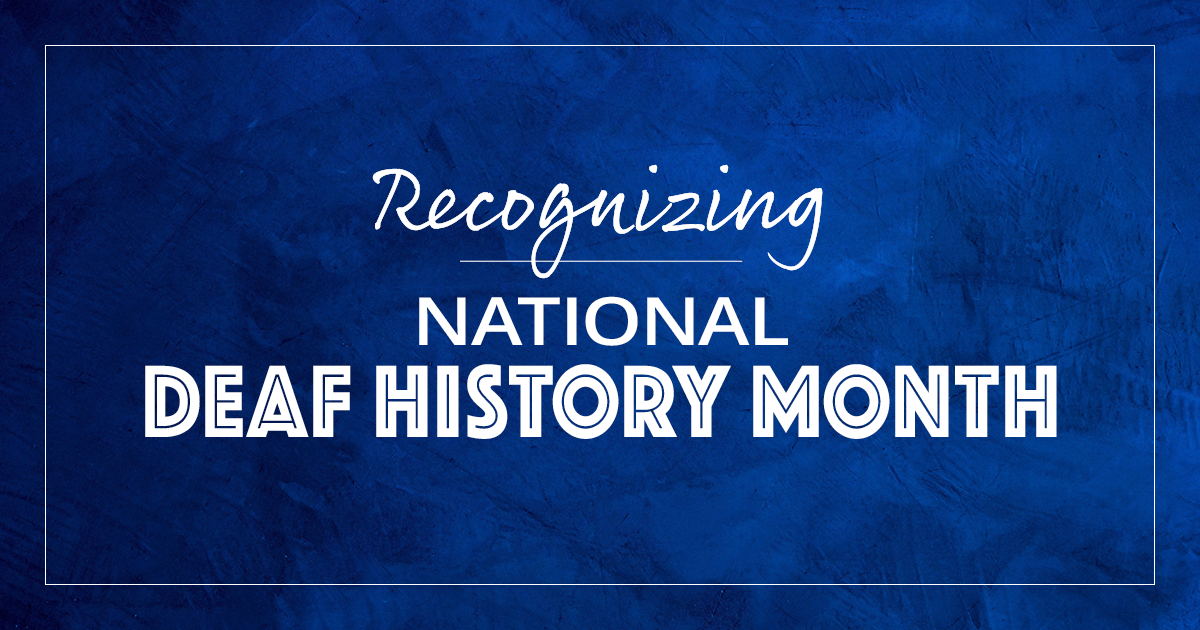
- Stay hydrated: It’s important to stay hydrated on especially hot days. This means drinking plenty of water or other fluids that contain electrolytes, such as sports drinks, even before you start your outside work, as well as during the day.
- Stay protected: Just like drinking water before starting your work, it’s important to apply sunscreen at least an hour before you go out so that it has time to take effect. Keep applying sunscreen throughout the day if you are able. Also, look for shaded areas. If you cannot work in a shaded area, find one or an air-conditioned area for your breaks. Less exposure to the sun gives your body time to recuperate from the heat.
- Use your accommodations: Extra time in the sun and heat can wear your body down. If you are able, ask for extra breaks to make sure you are rested, well hydrated, and that you have enough sunscreen.
If you need help asking for accommodations, a Ticket to Work service provider, such as an Employment Network (EN), can help you with the resources you need to talk to your employer.
- Listen to your body: Pay attention to how you feel. Heat exhaustion and heat stroke can include several symptoms like fatigue, dizziness, slurred speech, thirst, rapid heart rate, nausea and vomiting. Make sure to monitor your symptoms while you are working to determine when you need breaks. And NEVER skip a break.
Ticket to Work
Social Security's Ticket to Work (Ticket) Program supports career development for people ages 18 through 64 who receive Social Security disability benefits (SSDI/SSI) and want to work. Through this free and voluntary program, eligible participants can work with service providers to receive the service and supports they need to find and maintain employment as they move toward financial independence through work.
Outdoor jobs can be rewarding and educational, but during the summer months they can also be draining if you’re not prepared. If you’re interested in an outdoor job, your Ticket Program service provider can help answer questions about working outdoors, accommodations you may consider and provide tips for how to stay safe and productive at work.
Learn More
To learn more about the Ticket Program, visit choosework.ssa.gov or call the Ticket to Work Help Line at 1-866-968-7842 or 1-866-833-2967 (TTY), Monday through Friday, 8 a.m. to 8 p.m. ET. You can also learn more by registering for a free, online Work Incentives Seminar Event webinar.
 Social Security's
Social Security's  Did you know that you can volunteer with federal government agencies? You can get experience in a variety of occupational fields, such as natural resource management and conservation, heritage and cultural preservation, recreation management and visitor services. Through these volunteer opportunities, you can lend your time and talents to important national priorities while learning about potential new careers.
Did you know that you can volunteer with federal government agencies? You can get experience in a variety of occupational fields, such as natural resource management and conservation, heritage and cultural preservation, recreation management and visitor services. Through these volunteer opportunities, you can lend your time and talents to important national priorities while learning about potential new careers. Have you considered how volunteering can help your career? Volunteer activities can be just as helpful as work experience. They show that you’re willing to get experience in areas that interest you, despite not getting paid or being paid or “off the clock”. Volunteering can help you learn new skills that lead to career growth. Let’s take a look at some popular questions people have about the link between volunteering and career growth.
Have you considered how volunteering can help your career? Volunteer activities can be just as helpful as work experience. They show that you’re willing to get experience in areas that interest you, despite not getting paid or being paid or “off the clock”. Volunteering can help you learn new skills that lead to career growth. Let’s take a look at some popular questions people have about the link between volunteering and career growth. Social Security's Ticket to Work (Ticket) Program service providers are committed to helping young adults access pathways to well-paying jobs in growing industries.
Social Security's Ticket to Work (Ticket) Program service providers are committed to helping young adults access pathways to well-paying jobs in growing industries. In recognition of National Deaf History Month, we are spotlighting
In recognition of National Deaf History Month, we are spotlighting 
 When you’re looking for a job, it’s important to identify all your skills. There are two general types of skills: soft skills and hard skills. Soft skills are those you gain from your life experiences rather than through school or coursework. Hard skills, also known as
When you’re looking for a job, it’s important to identify all your skills. There are two general types of skills: soft skills and hard skills. Soft skills are those you gain from your life experiences rather than through school or coursework. Hard skills, also known as  It's tax season! If you earned income in 2023, it's important to file your taxes. Today's blog post discusses a tax credit that may apply to you and free services available through the Internal Revenue Service (IRS).
It's tax season! If you earned income in 2023, it's important to file your taxes. Today's blog post discusses a tax credit that may apply to you and free services available through the Internal Revenue Service (IRS)..png) In our last blog post, we talked about the number of people who have decided to change careers, and we described how Ticket to Work can help. Today, we offer you five tips for success when it comes to changing careers.
In our last blog post, we talked about the number of people who have decided to change careers, and we described how Ticket to Work can help. Today, we offer you five tips for success when it comes to changing careers. According to the Harvard Business Review1, in 2021, nearly 50 million Americans quit their jobs or changed careers. Of the employed adults ages 18 to 29 who said they had quit their job in 2021, 61% shifted their field of work or occupation, while 45% of those ages 30 and over made this shift. This means nearly half of workers over the age of 30 made a career shift and over 60% changed their fields to try something new.
According to the Harvard Business Review1, in 2021, nearly 50 million Americans quit their jobs or changed careers. Of the employed adults ages 18 to 29 who said they had quit their job in 2021, 61% shifted their field of work or occupation, while 45% of those ages 30 and over made this shift. This means nearly half of workers over the age of 30 made a career shift and over 60% changed their fields to try something new. After going into remission from cancer, Rebecca decided it was time to find a new career. Fortunately, Rebecca had a couple of options: a job at a community college similar to her previous job or a new career at the American Kennel Club (AKC). With support from family and friends, Rebecca decided to be bold and go for the new career with the AKC.
After going into remission from cancer, Rebecca decided it was time to find a new career. Fortunately, Rebecca had a couple of options: a job at a community college similar to her previous job or a new career at the American Kennel Club (AKC). With support from family and friends, Rebecca decided to be bold and go for the new career with the AKC.